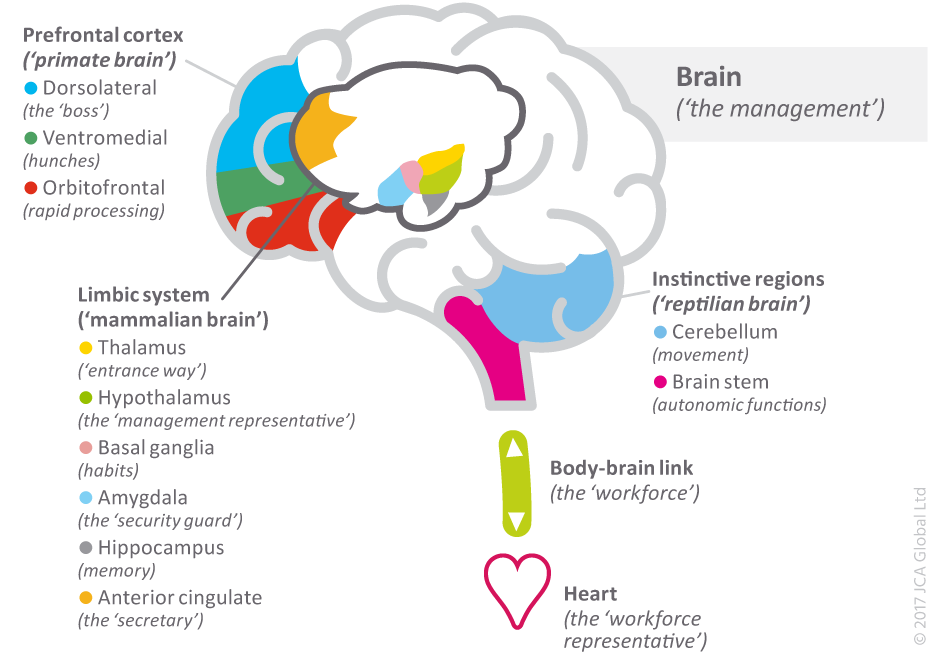Whether you are an adult or a child, if you are in the process of developing emotional intelligence or even if you’re in the process of augmenting your current level of emotional intelligence, you are:
- Identifying
- Making observations
- Seeking to understand
- Analyzing
- Making assessments
- Managing
- Figuring out patterns
- Exploring
- Examining
- Working and achieving
- Executing
Having feelings is one thing . . . knowing what to do with them is quite different. During the process of learning about emotions you become an emotions scientist. Think about it, how many people have the ability to consistently pause during the most stressful and volatile moments and ask themselves: What exactly am I reacting to and why? How many people can peel down to the core in that highly emotionally charged moment, and respond effectively in an advantageous or a constructive or a proportionate way? Notice I’m not asking how many people can respond this way if given enough time to think and reflect. I’m asking the opposite. This is where acute self-awareness comes into play. And developing that, is anything but fluffy. Developing acute self-awareness is the beginning of developing emotional intelligence, and it’s not for the faint of heart.
Welcome to the science of emotional intelligence.


